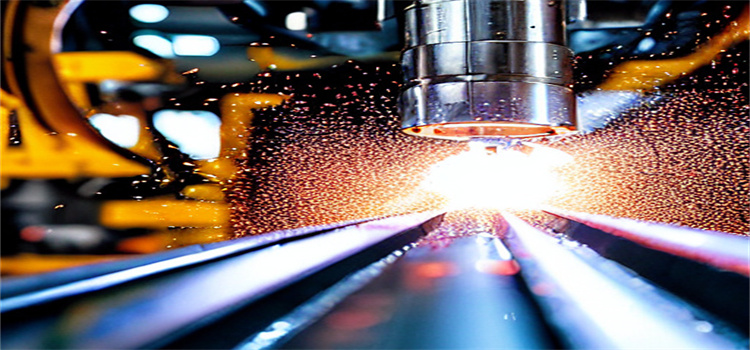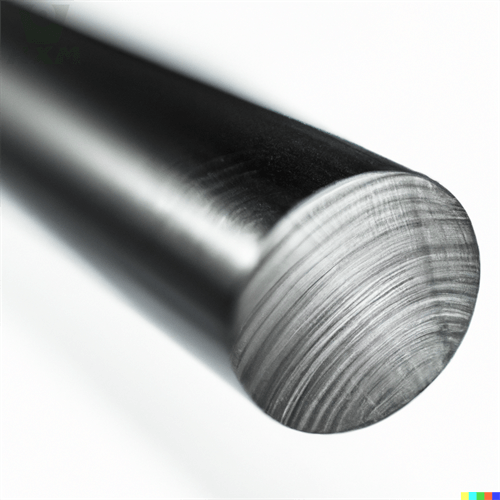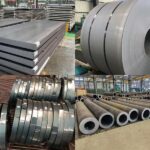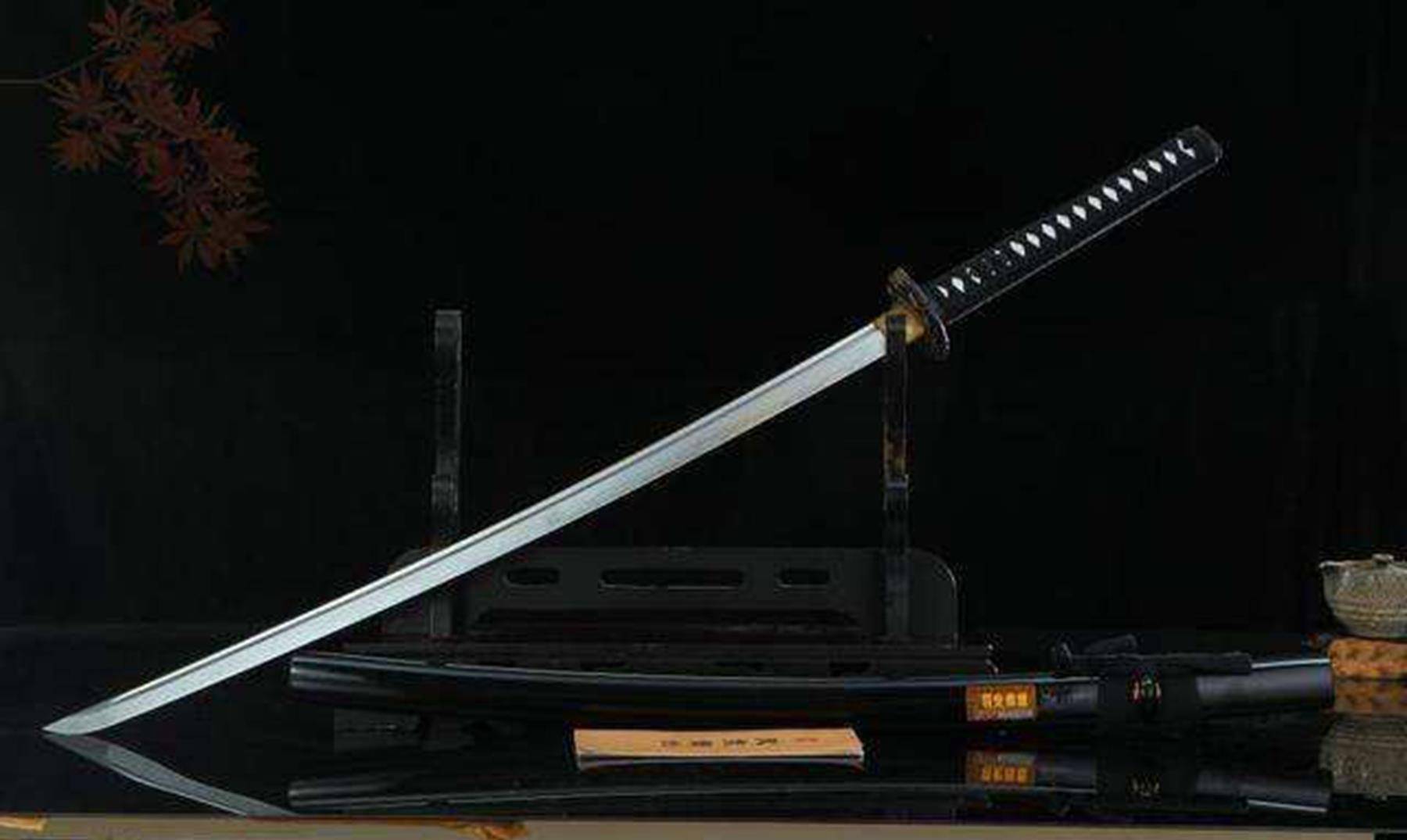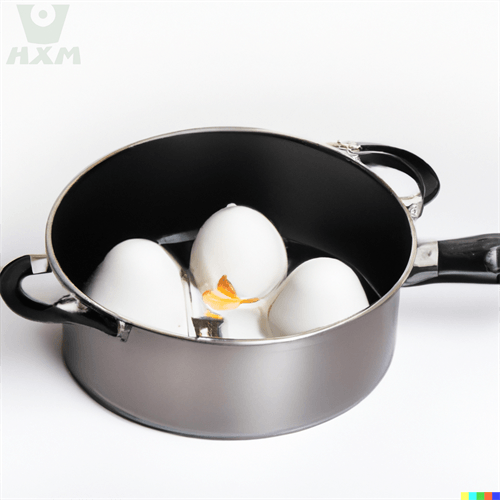Carbon steel, as a crucial and widely used metallic material, boasts advantages such as high hardness, strength, and excellent wear resistance, making it prevalent in industries like construction, machinery, automobiles, and electronics. However, carbon steel’s performance in terms of hardness, strength, toughness, and fatigue resistance is susceptible to alterations under low-temperature conditions, thereby limiting its large-scale application. In this article, let’s take a closer look at the performance of carbon steel in low-temperature environments.
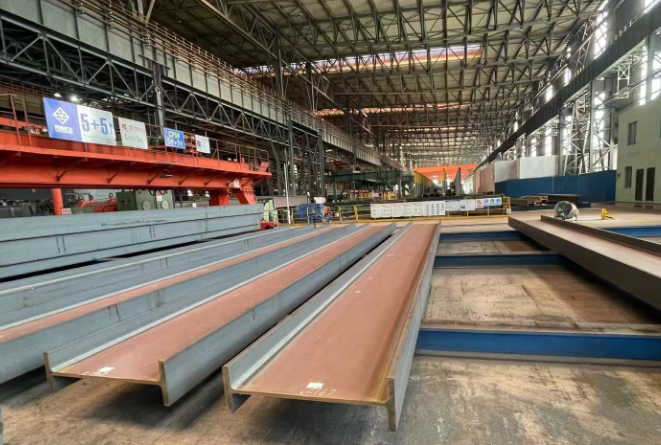
Performance of Carbon Steel in Low-Temperature Environments:
Firstly, the impact of low-temperature environments on carbon steel’s hardness is pronounced. Specifically, carbon steel exhibits higher hardness under low temperatures compared to room temperature. This is attributed to changes in the steel’s internal crystalline structure, where slip systems become less mobile, resulting in enhanced material hardness. Consequently, carbon steel can withstand greater loads without deformation or failure.
Secondly, the influence of low-temperature environments on carbon steel’s strength is noteworthy. Carbon content is a pivotal factor influencing steel’s strength. Carbon steel, with its relatively high carbon content, inherently possesses high strength. Nevertheless, in low-temperature settings, steel’s strength undergoes modifications. Typically, as temperatures drop, the distance between molecules within the steel decreases, subsequently augmenting its load-bearing capacity.
Furthermore, the low-temperature environment significantly affects carbon steel’s toughness. At low temperatures, carbon steel’s toughness diminishes markedly. Generally, carbon steel’s temperature tolerance ranges from -20°C to -40°C. Below this threshold, its toughness declines rapidly, rendering it more susceptible to fracture or rupture under impact or loading. Hence, when using carbon steel in low-temperature environments, a series of technological treatments like annealing and normalizing are crucial to enhance its low-temperature toughness.
Additionally, the low-temperature environment influences carbon steel’s fatigue resistance. Carbon steel’s fatigue properties refer to its ability to withstand fracture under alternating external forces. In low-temperature settings, both carbon steel’s fatigue strength and life undergo decline, attributed to changes in hysteresis effects and deformation modulus. Therefore, special pretreatments and processing techniques are essential in low-temperature conditions to improve carbon steel’s fatigue properties, ensuring a sufficient service life.
Conclusion
In conclusion, under low-temperature conditions, carbon steel’s hardness, strength, toughness, and fatigue resistance undergo substantial changes. While its hardness and strength may increase, its toughness and fatigue resistance experience notable decreases. Consequently, in practical applications, specialized treatments and processing techniques are imperative to enhance carbon steel’s performance, ensuring optimal performance across various applications.
Why Choose Huaxia Steel?
Thank you for reading our article and we hope it can help you to have a better understanding of the performance of carbon steel in low-temperature environments. If you are looking for suppliers and manufactures of carbon steel, we would advise you to visit Huaxia Steel.
As a leading supplier of carbon steel from Shanghai China, Huaxia Steel offers customers high-quality carbon steel, tool steel and alloy steel at a very competitive price.

